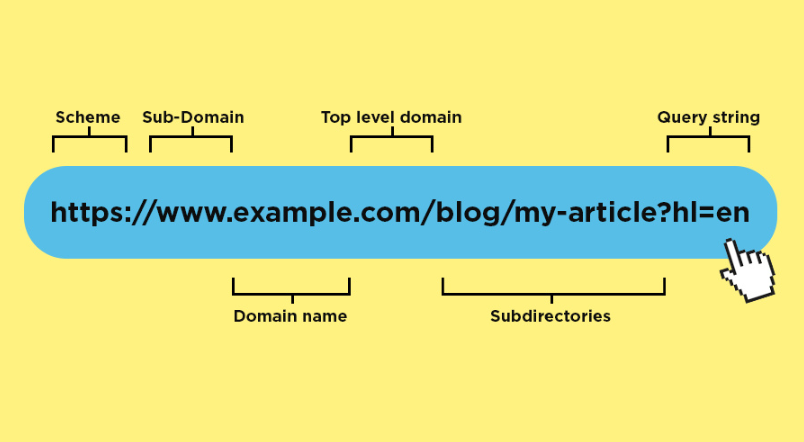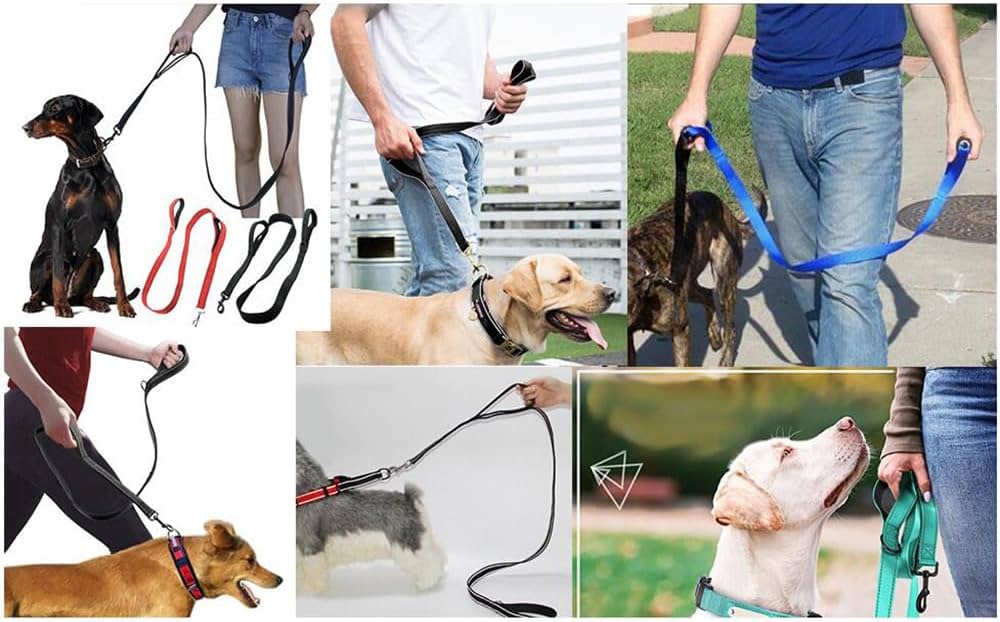
When it comes to running a successful Shopify store, optimizing for search engines is crucial for driving organic traffic and increasing sales. In this guide, we’ll explore the essential technical SEO strategies to help you optimize your store visibility and performance in search engine results.
Table of Contents
- Understanding Technical SEO
- Mobile-Friendly Design
- Site Speed and Performance
- Structured Data Markup
- URL Structure and Canonicalization
- Secure and Accessible Website
- Enhancing Your Store’s Visibility
- Optimizing Your Shopify Store for Search Engines
- Conclusion
- FAQs
- What is Technical SEO for Shopify?
- Why is Technical SEO Important for Shopify Stores?
- How Can I Improve Site Speed for My Shopify Store?
- What Are the Best Practices for Mobile-Friendly SEO on Shopify?
- How Can I Fix Crawl Errors on My Shopify Store?
- What is Structured Data and How Can I Implement it on Shopify?
- How Important is URL Structure for SEO on Shopify?
Understanding Technical SEO
Technical SEO involves optimizing your website’s infrastructure and backend elements to enhance its crawlability, indexation, and overall search engine visibility. For Shopify SEO stores, implementing technical SEO best practices is essential for achieving higher rankings and attracting more potential customers.
Mobile-Friendly Design
In today’s mobile-first world, ensuring that your Shopify store is optimized for mobile devices is paramount. Google prioritizes mobile-friendly websites in its search results, so it’s critical to have a responsive design that provides an optimal user experience across different devices.

Site Speed and Performance
Site speed is a crucial factor in both user experience and search engine rankings. Slow-loading pages can lead to higher bounce rates and reduced visibility in search results. To improve your Shopify store’s performance, consider optimizing images, leveraging browser caching, and using a content delivery network (CDN) to deliver content more efficiently.
Structured Data Markup
Implementing structured data markup on your Shopify store can help search engines better understand the content on your pages. By providing search engines with contextual information about your products, services, and business, you can increase the likelihood of your store being featured in rich snippets and other prominent search result features.
URL Structure and Canonicalization
Creating a clear and logical URL structure for your Shopify store can make it easier for both users and search engines to navigate your site. Additionally, implementing canonical tags can help consolidate duplicate content and prevent potential issues with indexation and ranking.

Secure and Accessible Website
Ensuring that your Shopify store is secure and accessible is essential for both user trust and search engine rankings. Implementing HTTPS, optimizing for accessibility, and fixing any crawl errors can contribute to a more robust technical SEO foundation for your store.
Enhancing Your Store’s Visibility
Understanding the Importance of Technical SEO
Technical SEO plays a crucial role in improving your website’s search engine rankings. It focuses on optimizing the technical aspects of your website to ensure search engines can easily crawl and index your pages. By implementing technical SEO strategies, you can enhance your Shopify store’s visibility, increase its chances of appearing in relevant search results, and drive more organic traffic.
Optimizing Your Shopify Store for Search Engines
Keyword Research and Optimization
To start optimizing your Shopify store, it is essential to conduct thorough keyword research. Identify relevant keywords that align with your products or services and have a good search volume. Once you have a list of keywords, strategically incorporate them into your website’s content, including your product descriptions, meta tags, URLs, and headings. This will help search engines understand the relevance of your content and improve your chances of ranking higher in search results.
Mobile-Friendly Design
With the majority of online searches now happening on mobile devices, it is crucial to ensure your Shopify store is mobile-friendly. Optimize your store’s design and layout to provide an excellent user experience on mobile devices. This includes using responsive themes, optimizing images for faster loading times, and providing easy navigation.

Site Speed Optimization
Search engines prioritize websites with fast loading times, as it directly impacts user experience. Slow-loading websites can lead to higher bounce rates and lower search engine rankings. Ensure your Shopify store’s pages load quickly by optimizing image sizes, minimizing the use of plugins, leveraging browser caching, and using a content delivery network (CDN). Regularly monitor and optimize your website’s speed to ensure maximum performance.
URL Structure and Permalinks
A well-structured URL plays a vital role in SEO. Shopify allows you to customize your URL structure and create a search engine-friendly permalinks. Include relevant keywords in your URLs to make them more descriptive and help search engines understand the content of your pages. Avoid using irrelevant numbers or special characters in your URLs, as they can confuse search engines and users.
Optimized Metadata
Metadata, including meta titles and meta descriptions, provides information to search engines about the content of your pages. Craft compelling and keyword-rich meta titles and descriptions for each page of your Shopify store. Keep them concise, compelling, and within the recommended character limits. Optimizing your store metadata can improve click-through rates and influence your search engine rankings.
Achieving the Featured Snippet on Google
The featured snippet is a coveted position on Google’s search results page. It provides users with a concise answer to their query, often displayed in a box above the regular search results. To increase your chances of achieving the featured snippet, use a combination of well-formatted content, structured data, and clear question-and-answer style headings. By providing concise and helpful answers to frequently asked questions, you can stand out and potentially attract more organic traffic to your Shopify store.
Conclusion
By implementing these technical SEO strategies, you can optimize your store for search engines and improve its visibility in organic search results. As you continue to refine and enhance your store’s technical SEO elements, you’ll be better positioned to attract and engage a broader audience of potential customers.
FAQs
What is Technical SEO for Shopify?
Technical SEO for Shopify involves SEO optimizing the technical aspects of your website to ensure that search engines can crawl and index your site effectively. It includes tasks such as optimizing site speed, improving mobile-friendliness, fixing crawl errors, implementing structured data, and ensuring proper URL structure.
Why is Technical SEO Important for Shopify Stores?
Technical SEO is essential for Shopify stores because it directly impacts how search engines perceive and rank your website. By addressing technical issues and providing a seamless user experience, you can enhance your site’s visibility in search results and attract more potential customers.
How Can I Improve Site Speed for My Shopify Store?
To improve site speed for your Shopify store, consider optimizing images, leveraging browser caching, minifying CSS and JavaScript, and using a content delivery network. Additionally, choosing a lightweight and well-coded Shopify theme can significantly contribute to faster loading times.
What Are the Best Practices for Mobile-Friendly SEO on Shopify?
For mobile-friendly SEO on Shopify, ensure that your website is responsive and provides a smooth browsing experience across the Best SEO Practices of various devices. Use Google’s Mobile-Friendly Test to identify and fix any issues related to mobile usability. Additionally, focus on enhancing mobile site speed and usability to cater to an increasing number of mobile users.
How Can I Fix Crawl Errors on My Shopify Store?
To fix crawl errors on your Shopify store, regularly monitor Google Search Console for any reported issues and address them promptly. Common crawl errors include broken links, server errors, and issues with sitemap and robots.txt files. Resolving these errors can help search engines crawl and index your website more effectively.
What is Structured Data and How Can I Implement it on Shopify?
Structured data provides search engines with additional context about the content on your Shopify store, enabling them to display rich snippets in search results. You can implement structured data on Shopify using schema markup for products, reviews, and other relevant content. This can enhance the visibility and click-through rates of your search listings.
How Important is URL Structure for SEO on Shopify?
URL structure plays a crucial role in SEO for Shopify. Use descriptive and keyword-rich URLs that accurately reflect the content of your web pages. Avoid using generic or cryptic URLs, and leverage canonical tags to consolidate duplicate or similar content.

